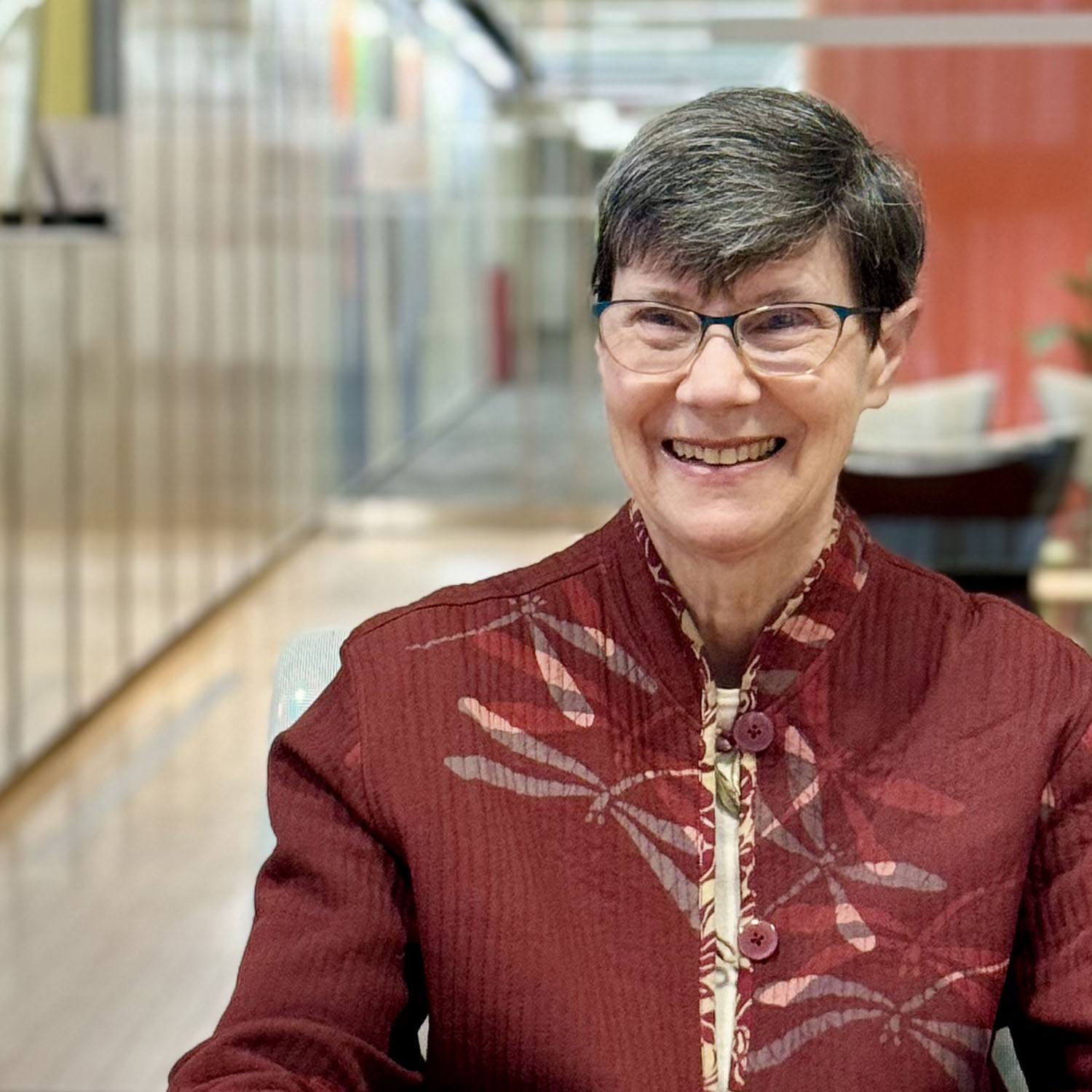Shining a Light on COVID-19’s Long Shadow
Director’s Page
Helene M. Langevin, M.D.
February 24, 2021
Why do some COVID-19 survivors experience lingering symptoms—ranging from mild to incapacitating—while others “bounce back” without any apparent impact on their health?
Earlier this month, my colleague Dr. Emmeline Edwards shared the National Institutes of Health’s Notice of Intent To Publish Research Opportunity Announcements (OTA-21-015) for the Post-Acute Sequelae of SARS-CoV-2 Infection (PASC) Initiative and our Center’s high-priority areas of interest in a blog post. There are complex and urgent questions about PASC, also known as “Long COVID,” and the timeline to receive and fund grant applications is moving quickly.
In December, Congress provided $1.15 billion in funding for the National Institutes of Health to support research into the prolonged health consequences of SARS-CoV-2 infection. During the coming weeks, a series of PASC Initiative Research Opportunity Announcements (ROAs) will be issued. The underlying questions that this Initiative hopes to answer are:
- Why do some people recover from SARS-CoV-2 infection and others do not?
- How many infected individuals do not recover fully or even develop new symptoms? What do those long-term effects look like?
- What can be done to improve recovery?
The wide variation of PASC symptoms itself poses a challenge to researchers. In some patients, PASC manifests as symptoms that fail to resolve in the typical time frame. These patients simply don’t get better after their acute phase of illness. In others, PASC can manifest as new symptoms that emerge days to weeks after a mild or moderate initial infection.
The range and type of symptoms reported by patients—cardiac or pulmonary deficits, immune and metabolic dysfunction, pronounced fatigue, persistent pain, loss of sleep, dizziness or blackouts, difficulties with thinking and concentration—underscore the need to understand their potential relevance to multiple interrelated physiological systems. In particular, we must be clear about the brain and body connection when we explore these scientific questions. We know that chronic psychological stress can negatively impact immune responses, endocrine and autonomic nervous system regulation, sleep, and pain. Given the tremendous stress resulting from social distancing, school closures, and the socioeconomic effects of the pandemic, it is important that researchers and clinicians keep that body of evidence in mind as they seek to understand PASC and explore approaches, including complementary and integrative ones, that could help mitigate the effects of PASC.
I also expect that studies designed to better understand PASC will yield new understanding of a long-underexplored area of health—health restoration. The experiences of people with PASC highlight what people with many other health conditions can experience. For example, those who suffer from a bad bout of the flu or a gastrointestinal bug often feel “off” for a period after their acute illness. Patients who complete chemotherapy often manifest long-enduring symptoms. The reality is that our health system focuses heavily on the acute phase of illness and acute care but rarely on the time and effort that it truly takes to fully recuperate. Scientifically, we understand very little about what is needed for restoration of health after acute illness, and PASC-related research may help in closing the gaps in our understanding of this essential component of health.
Given the scale of COVID-19’s impact, we are investing in research that we hope holds great potential in making a profound difference in the lives of COVID-19 survivors. I know staff here at the National Center for Complementary and Integrative Health are ready to respond with information that can assist potential applicants in writing their research proposals, so please feel free to reach out to nccihderinquiries@mail.nih.gov with any questions.
